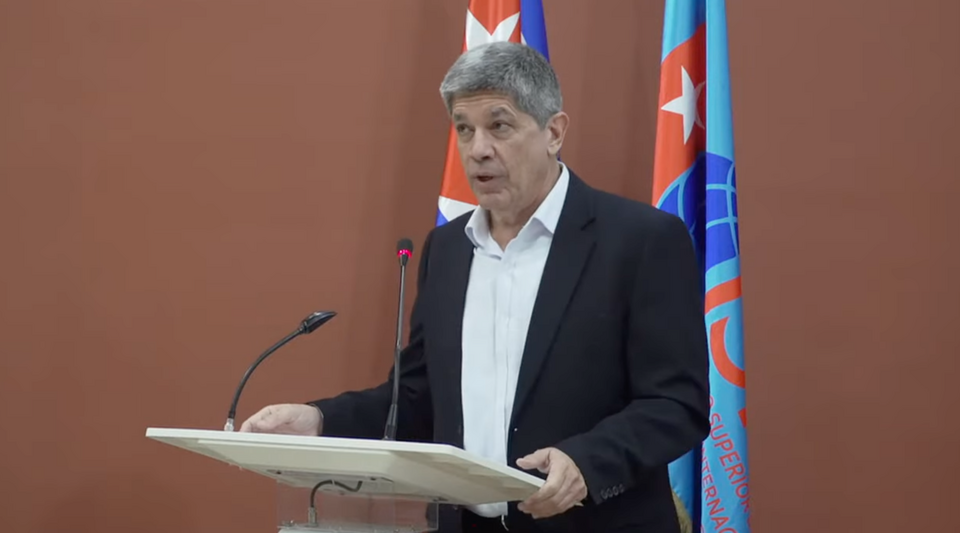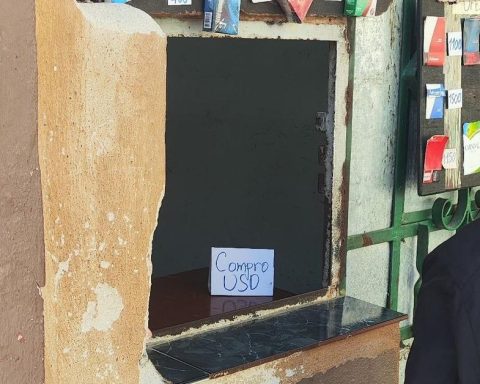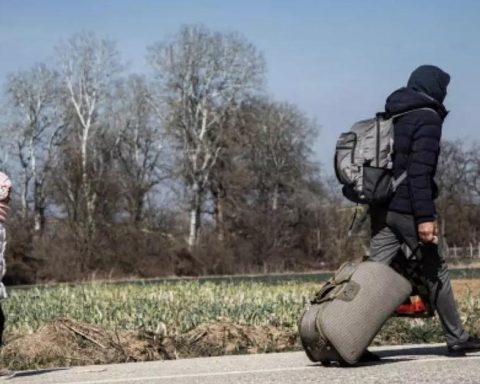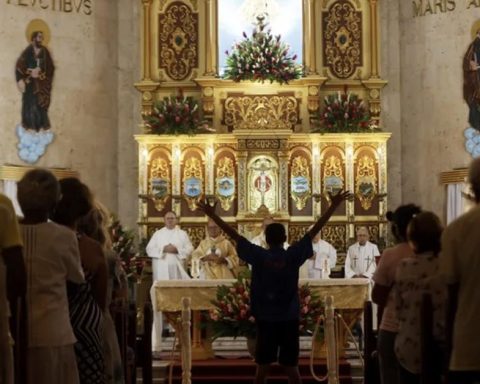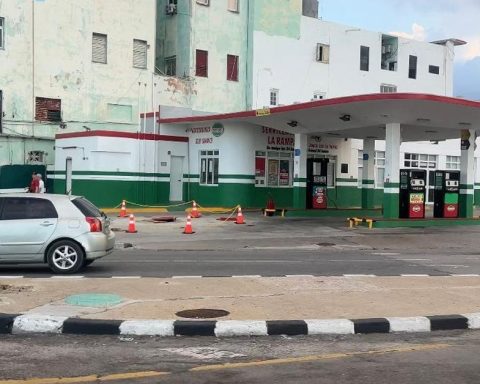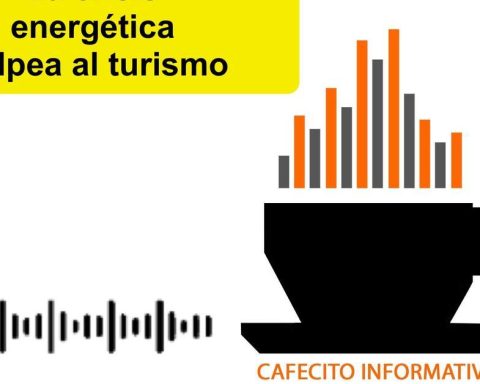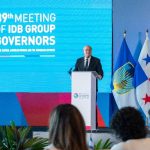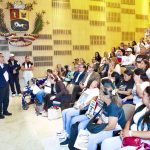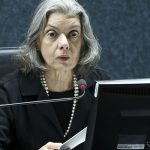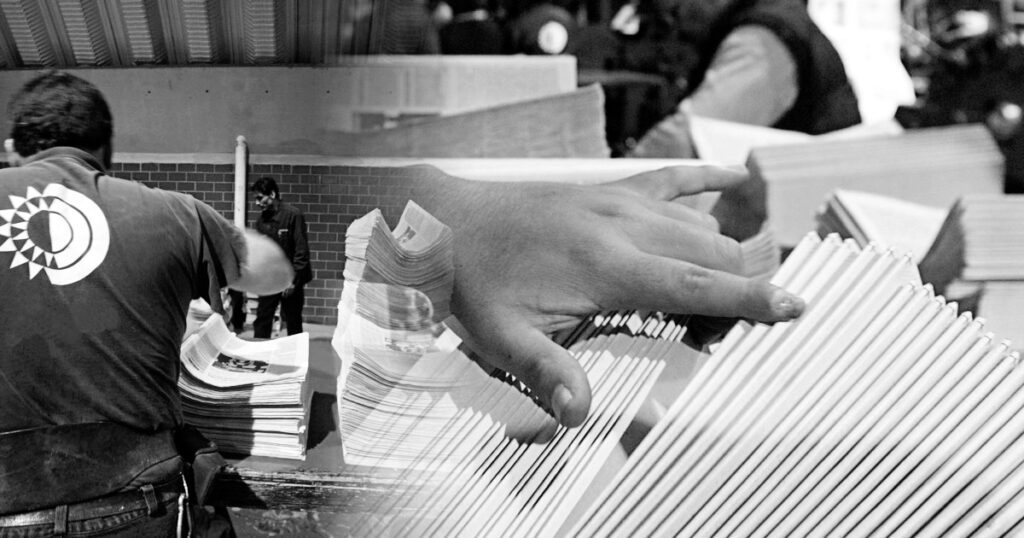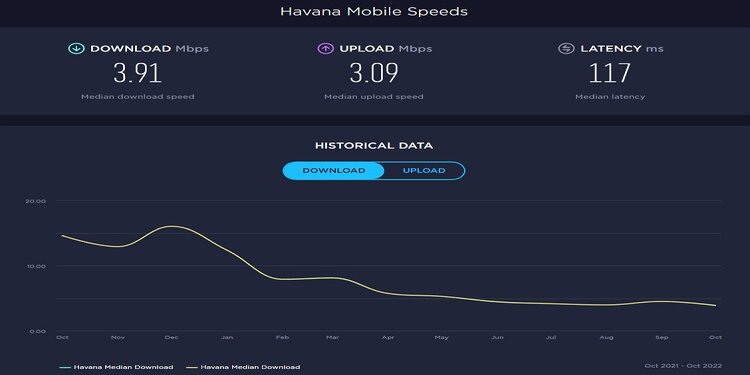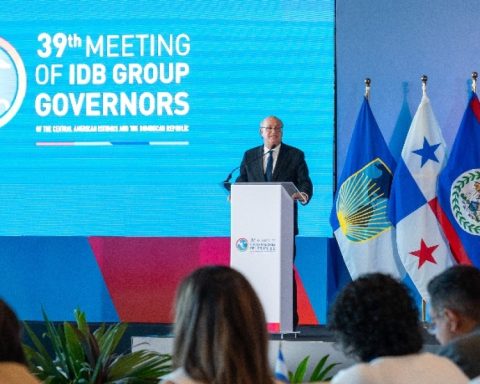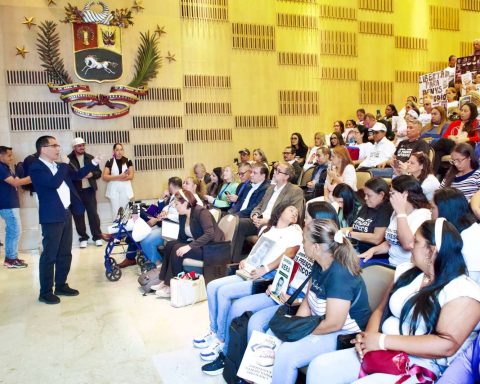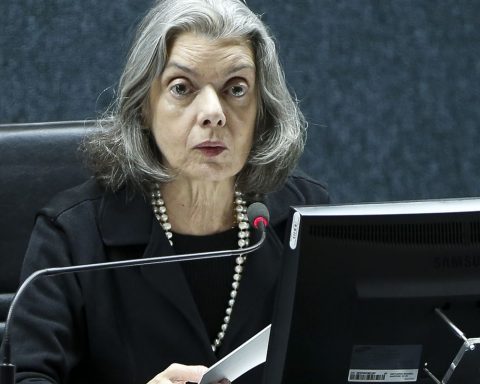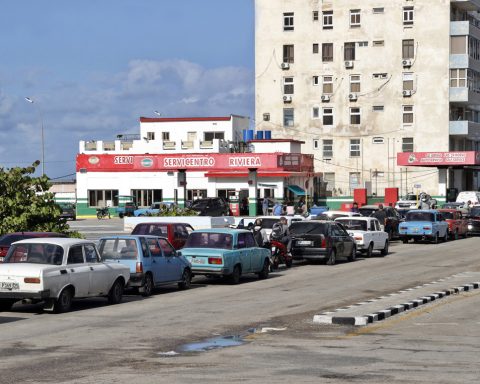The Cuban government’s need for a relaxation of the embargo is such that the Vice Minister of Foreign Affairs, Carlos Fernández de Cossío, insisted that he will not oppose any measure that could favor private businesses even if behind him there is a desire from Washington for ” undermine the Revolution”.
The official offered this Wednesday a speech at the Raúl Roa García Higher Institute of International Relations, where he addressed United States-Cuba Relations in a New Global Setting, as he titled the conference. In it, Fernández de Cossío insisted that the idea of creating a private sector is clearly Cuban and promoted by the regime. Not surprisingly, many of the businesses that are beginning to prosper are those pampered by the State, a probable reason that Havana no longer sees Washington’s drive with such a bad eye.
“The promotion of the private or non-state sector is part of development. It began to be conceived 12 years ago. We delayed its design and implementation, but it is our promotion and, nevertheless, the US Government intends to promote the private sector not to help development or improve the standard of living of the population, but rather identifies it as an instrument of political subversion,” the vice minister cried.
Fernández de Cossío affirmed that the desire of the White House is to “erode the public sector”, on which Education, Health, electricity, water or social security depend
Fernández de Cossío affirmed that the desire of the White House is to “erode the public sector”, on which Education, Health, electricity, water or social security depend, he said, conveniently choosing the sectors that he mentioned and omitted, in the same way, other of its largest areas of spending, such as the Army and the Police or the businesses commanded by the military.
“He does not hide to say – he continued – that his ambition to promote this sector is a political weapon. If exceptions are introduced to the blockade with the dream of undermining the Revolution, we will not oppose it,” he repeated several times. “If this allows for greater prosperity for the Cuban economy, we are not going to put obstacles in the way. If he manages to conceive exceptions by benefiting some and punishing others, we are not going to try to prevent it either, but he makes a major mistake in political terms by trying to boost the sector private sector as a weapon to undermine Cuban society,” he concluded.
The deputy minister introduced that dissertation in his conference as one of the inconsistencies that, according to Fernández de Cossío, the current US government commits, “the one that has applied the blockade most aggressively and effectively,” he said, pointing out that this includes all the administrations that have existed in the neighboring country since the embargo was applied. “Some will assume it as a historical merit,” he ironized, while stating that, at least, the Trump Administration was honest in proclaiming his intentions.
Fernández de Cossío began the speech by admitting that in the last year there had been improvements in the bilateral relationship with the United States and offering his appreciation for these measures, among them, the most important, compliance with the migration agreements with the granting of at least 20,000 visas, many of them processed in Guyana but already the majority in Havana. In addition, in January it is expected, he added, that the entirety will be managed on the Island.
“There is an irregular migratory phenomenon that affects both countries and this requires communication, dialogue and cooperation,” he added.
“There is an irregular migratory phenomenon that affects both countries and this requires communication, dialogue and cooperation,” he added.
Other exchanges held between the two administrations celebrated by the official were the operations of the Border Guard Troops and the Border Patrol, those of false documentation, confrontation of crime or health. In addition, it advanced agreements related to the environment.
Fernández de Cossío thanked the technical advice and material aid from the United States in the face of two tragedies experienced in Cuba in 2022, the fire in August at the Matanzas Supertanker Base – which led to the shipment of 100 firefighter suits that are about to arrive to the Island– and the two million dollars for the repair of roofs and houses that fell after the passage of Hurricane Ian this September, which will begin to arrive in January, according to his calculations. “In both cases [la ayuda fue] offered without political conditionality”, he wanted to make clear.
But after this recognition, the politician indicated that there were other “facts in the opposite direction” that indicate that the “blockade” continues to be “the defining factor in bilateral relations.” Among them, he cited the designation of Cuba as a country that sponsors terrorism, an unfounded measure in his opinion and that causes a multitude of economic damages, among which he pointed out the breaking of contracts of 45 banks that had worked with the Island up to that moment.
Another was the recent inclusion on the list of countries that violate religious freedom. “It is made without a real foundation, with arguments that are dishonest and one wonders who they want to please. They can no longer tell us that they are political pressure in an election year,” she considered.
“In both cases [la ayuda fue] offered without political conditionality”, he wanted to make clear
Fernández de Cossío also cited some supposed beneficial measures that the Biden Administration has taken and that, in the opinion of Havana, are no more than theoretical. “The first, the commitment to once again allow remittances to Cuba. That was in May and today there is no flow of remittances,” he reproached, adding that if that were to happen “it would be more due to actions implemented by Cuba,” words that they could allude to the creation of opaque financial structures, such as Orbit, to circumvent sanctions.
The official also regretted that the United States affirms that it wants to offer Internet to Cubans while prohibiting them from accessing more than 200 commercial websites in their country, some of them linked to -he selected again- education, science, technology or the innovation. He omitted, of course, Fernández de Cossío the number of pages that citizens cannot freely visit due to measures taken by his government, including that of this newspaper.
Lastly, he also alluded to flights, admitting that, although group travel has increased and has been reactivated, going to Cuba alone is still off limits to Americans.
“If one takes into account the number of officials who are dedicated to the blockade, the number of diplomats who in many parts of the world are dedicated to persecuting Cuba’s transactions, pronouncements… There is no doubt that the blockade is the factor defining factor in relationships”, he insisted.
“As if Cuba were in debt, when it is known that it has not taken any action against the United States
Already towards the end of his conference, the politician also accused Washington of trying to prevent international medical missions. According to his version, there have been many countries that alleged visits by US officials who warned them that they could engage in slavery practices if they hired Cuban doctors. “It is known that Cuba receives financial compensation, something totally legitimate, (…) the objective is to discredit the service and deprive Cuba of financial resources, which are necessary for the development of the economy,” he added.
Finally, he explained that Biden has not relaxed the measures against fuel, insurance and shipping companies, which are making the flow of oil to the country difficult and more expensive. “We have to pay premiums to compensate the company that takes the risk,” he added.
Before concluding, Fernández de Cossío was very upset with those who expect Havana to take steps to correspond to Washington. “As if Cuba were in debt, when it is known that it has not taken any action against the United States. The deplorable state of relations is the responsibility of the United States, Cuba has not failed in any of the commitments it made in 2015,” he replied. .
“Cuba is a state outside the territory of the United States. It is not a colony, it is not an adversary. This policy has no legal, moral, or political explanation. We are convinced that a change would be welcome, but it requires will and political courage. These conditions do not seem to exist today. The strategy is to suffocate the economy and cause unrest. The US fails in that purpose and pays a high cost that is reflected in the lives of Cubans and migration,” he concluded.
________________________
Collaborate with our work:
The team of 14ymedio He is committed to doing serious journalism that reflects the reality of deep Cuba. Thank you for accompanying us on this long road. We invite you to continue supporting us, but this time becoming a member of our newspaper. Together we can continue transforming journalism in Cuba.
